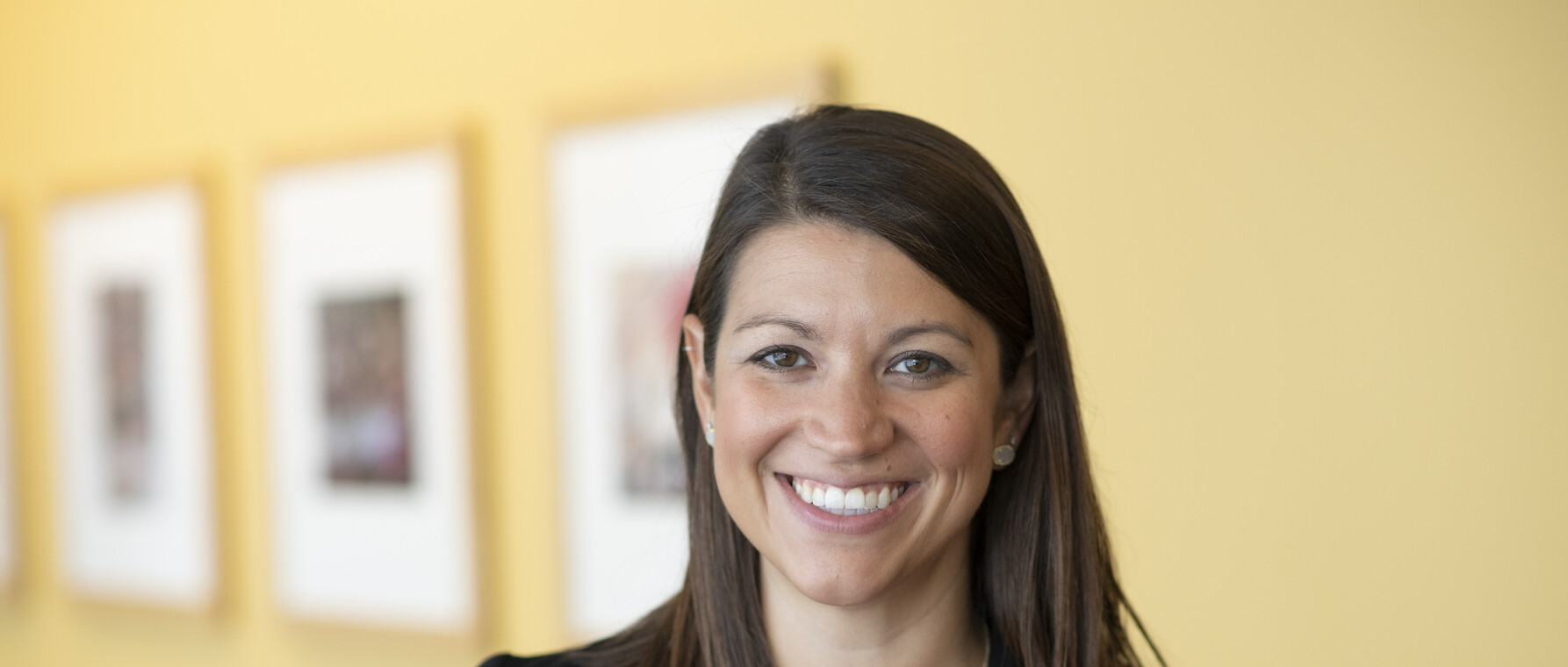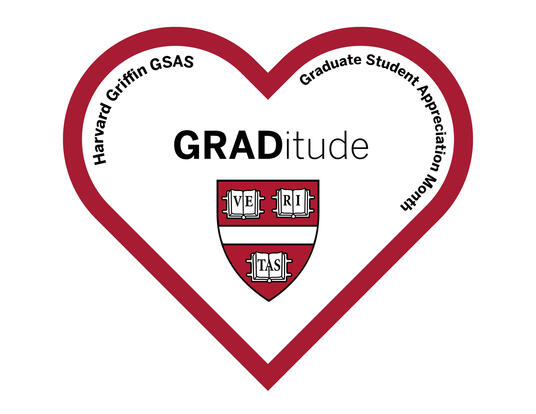With eight children (yes, eight!), money was very tight in my family when I was growing up. I started working at age 14 and was financially independent by the time I graduated from high school. My parents never talked about money, so when I struck out on my own as a young adult, I didn’t know how to think about my income and what to do with it. Roth IRA? Roth who? Compounding interest on my student loans? I don’t get it, but oooo, a credit card sounds fun! Wait, I have to do my own taxes?!
If money and finances were off-limits topics in your family too, you may understand why “Financial” is one of the eight “spokes” represented on the Wellness Wheel! The Center for Wellness and Health Promotion (CWHP) defines financial wellness as “being mindful of your financial decision making. Supporting financial health can look like differentiating between needs and wants and living within your means and managing short-term and long-term financial goals.” The tips CWHP provides on fostering your financial well-being are critical to strengthening this spoke of the wheel. The GSAS Financial Wellness page also highlights many fantastic financial resources. Check those out too.
While some might still argue that it’s inappropriate to discuss finances in certain circles, financial well-being—just like advising—really takes a village. Imagine a whole community dedicated to addressing your questions about money and helping you to understand, manage, and improve your financial wellness. That surely would have helped 18-year-old Danielle!
When I reflected and spoke with my village in preparation for this column, we unanimously agreed that one of the most important aspects of financial wellness for graduate students is making—and sticking to—a monthly budget. (See the “Budgeting” section of the GSAS Financial Wellness page.) Warning: creating a budget may be harder than you expect at first! But once you understand your needs and wants and what’s important to you in both the short- and long-term, you will see success.
Some last words of wisdom from GSAS financial aid officers (FAOs): Students should never be afraid to contact their FAO for assistance. When someone is experiencing financial stress, their problems can sometimes become worse if they wait to ask for help, often affecting academics or other areas of life. If you or anyone you know is facing financial hardship due to a natural disaster or a medical, family, or COVID-19 related emergency, please contact your FAO and refer to the Hardship page on the GSAS website.
Finally, April 15 is Tax Day! Get prepared and join the Tax Workshop for US Residents on March 15 at 5:00 p.m., or the Tax Workshop for International Students on March 22 at 12:00 p.m. Understanding and managing your taxes is part of your financial wellness! Also, be sure to check out the “Investing Basics” workshop coming up on April 6 and learn how to make your money work for you!
Remember to be kind and to take good care of yourself and others. Remember to virtually visit B-2. And remember to “B-Well”!
Photo by Tony Rinaldo






